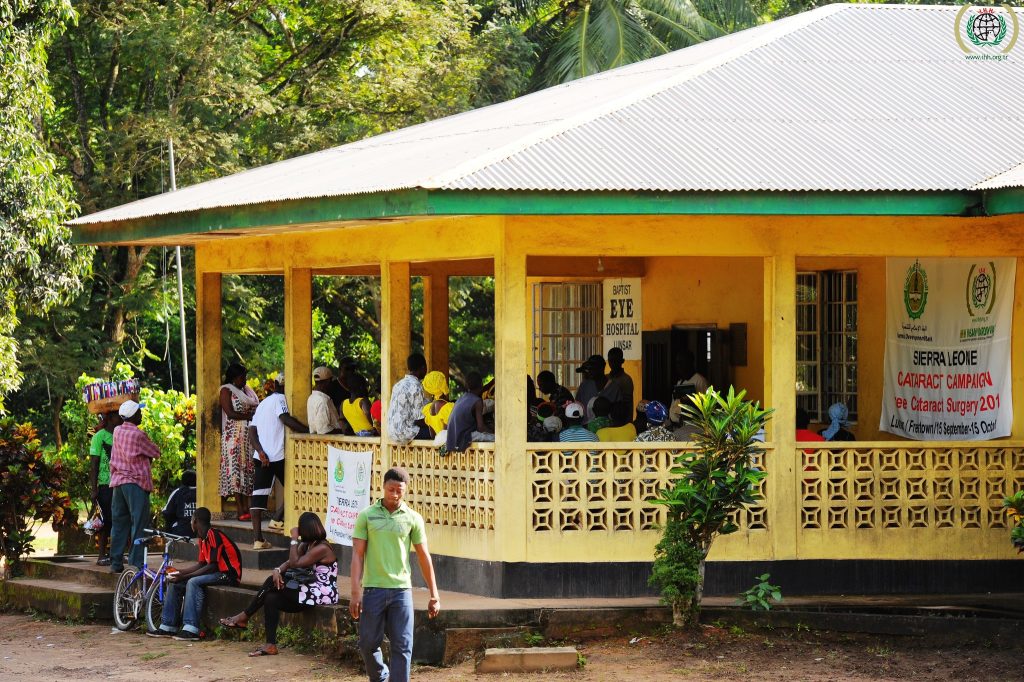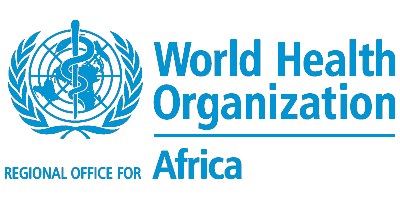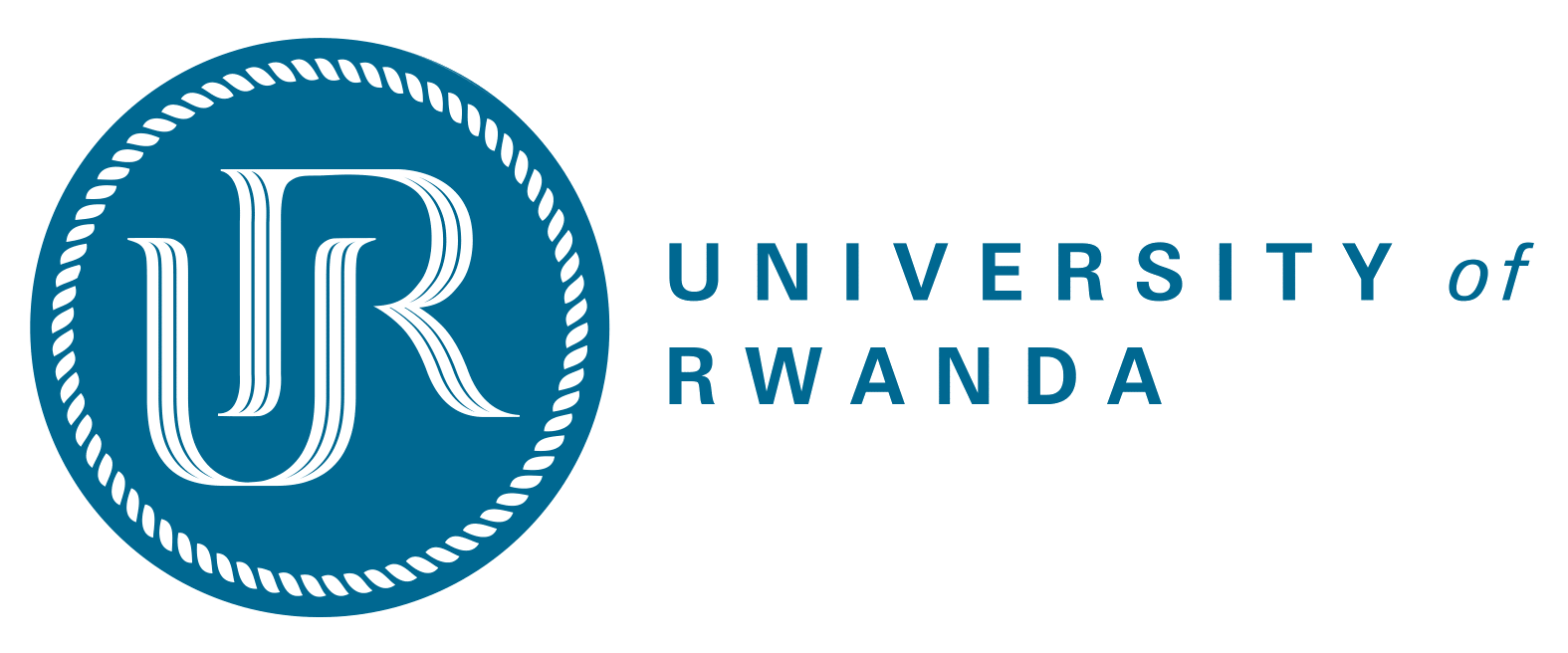Who is AHOP
AHOP is hosted by the World Health Organization Regional Office for Africa (WHO AFRO) within its integrated African Health Observatory (iAHO) – the stage for strategic health intelligence in the region, ranging from data to analytics to knowledge-focused products.
The technical Secretariat of AHOP is joined by a consortium of specialised partners that include the London School of Economics and Political Science (LSE) and the European Observatory on Health Systems and Policies. Based on national and regional expertise, the research is generated by an initial cohort of five research institutions of excellence – National Centres – based in Ethiopia, Kenya, Nigeria, Rwanda, and Senegal. The programme is supported by the Bill & Melinda Gates Foundation.
What AHOP does
The Platform aims to provide an influential space to promote and share contextualised solutions that go in the direction of ensuring equitable access to quality health care. It will serve to generate evidence and enable knowledge transfer by leveraging a national, regional, and global network to strengthen health systems development that is anchored in the Primary Health Care (PHC) approach, on the road to Universal Health Coverage, in addition to the delivery of other results such as SDG targets touching directly or indirectly on health and well-being.
In the initial phase, the focus will be on re-engineering service delivery systems to build back better, especially in the context of the COVID-19 pandemic. Resilience is a key feature of this effort, as one of four dimensions of health system performance – the others being access to, quality of, and demand for essential health services. Through the different outputs that will be produced by AHOP, the expectation is that a robust evidence base will be built to inform implementation policy for the application of a revitalized PHC approach, which is more comprehensive in scope, targeting all at all ages and across the different public health functions. The comparative nature of some of this analysis will also be crucial to the cross-national learning and exchange aspect of AHOP’s mandate.
More than ever before, policy-relevant knowledge is needed now. One key objective of this initiative is the uptake of high-quality evidence across the region by those in health decision-making positions at all levels of the system. The partnership hopes to attract a growing number of health systems experts, academics, policy-makers, and other relevant stakeholders to bridge the gap between evidence and policy.









